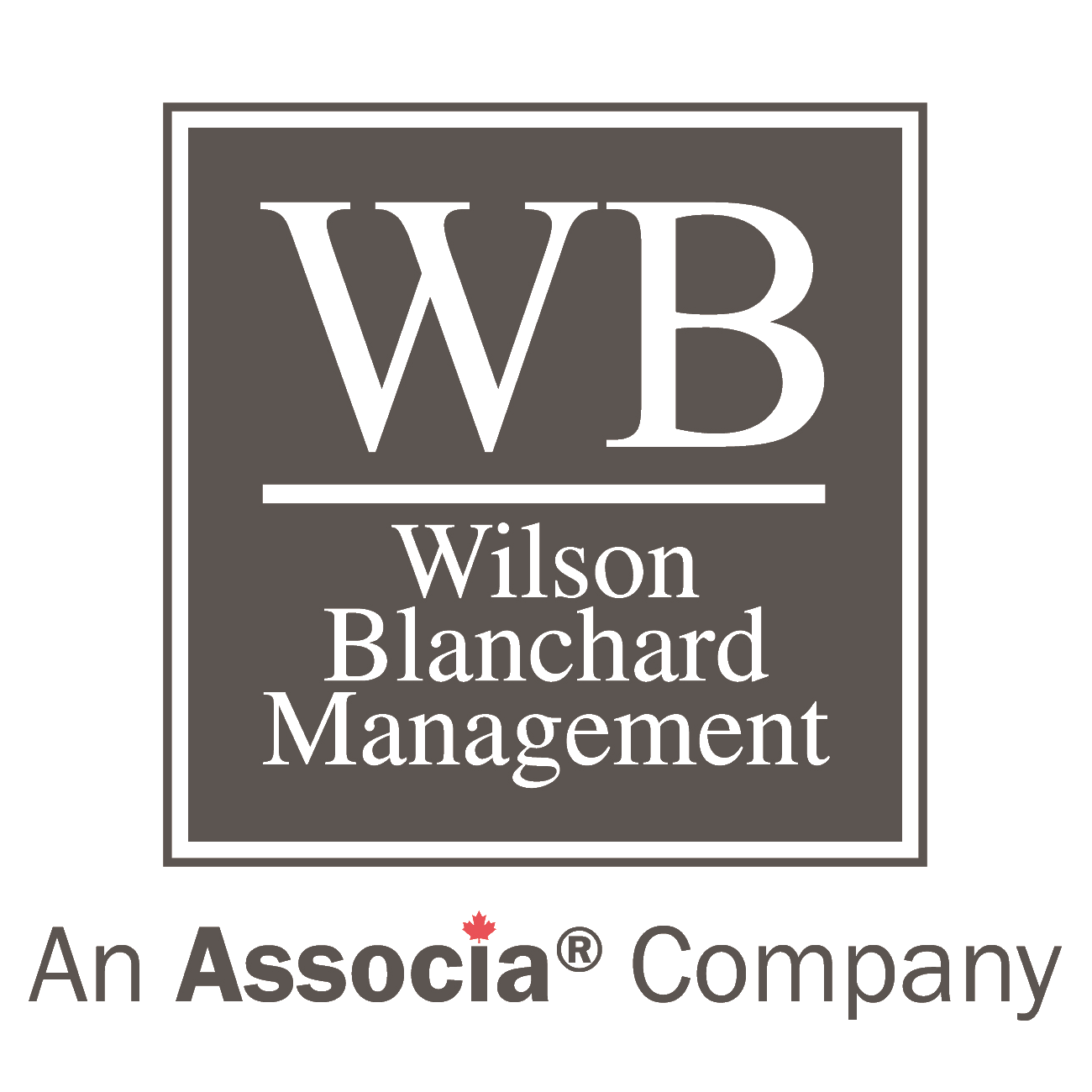5 Condo Terms Every Board Member Should Know
Originally published WB’s Q4 – 2018 Condo Connection Newsletter
Whether you’re a new member of your condominium community’s board of directors or you’ve served for years, being familiar with basic condo terminology is essential to the success of your role. Knowing these key condo terms will help you get up to speed or serve as the refresher you need to improve as a leader of your community.
1. FIDUCIARY: The highest ethical and moral obligations and duty of good faith a person is charged with for fulfilling their responsibilities. The board of directors of a condominium corporation has a fiduciary responsibility to act in the best interests of the corporation. This is a fancy sounding term that applies to the board of directors of a condominium corporation. It boils down to trust. The straightforward definition of ‘fiduciary’ alone is stated as: involving trust, especially with regard to the relationship between a trustee and a beneficiary. That definition is not very practical. In a nutshell, when you are a board member for a community, you need to act for the good of the community as a whole and not for yourself. You have a duty to make decisions for the benefit of all instead of just your home or your friend’s homes nearby.
Jesse Dubuque, CMCA®
Director of Client Development, Associa Minnesota
2. GOVERNING DOCUMENTS: The Declaration, Bylaws, Rules and Regulations, articles of incorporation or other documents which govern the operation of the condominium corporation. Condominiums have multiple governing documents that create somewhat of a hierarchy of requirements for the Corporation. These documents include the Declaration, which once registered with the land registry office essentially creates a Condominium Corporation. Next there are bylaws, rules and regulations, and in some cases there are also Board created policies. The higher up in the hierarchy of documents the more difficult for a Corporation to change. For example: to amend a Declaration, at least 80% of owners must consent in writing. A bylaw can be implemented or changed by a majority vote in favour. A rule can be changed by a motion of the Board with notice to owners who can then requisition a meeting to vote on same.
Melissa Kirkaldie, RCM
Executive Director of Property Management, Wilson Blanchard Management Inc.
3. QUORUM: Quorum is defined in the Merriam-Webster dictionary as ‘the smallest number of people who must be present at a meeting in order for decisions to be made.’ Don’t forget to show up to the board meeting. When someone prepares for a meeting with the expectation quorum will be met and business will occur and members of the board don’t communicate scheduling conflicts beforehand, it reflects a lack of commitment to the board and can cause distrust between board members. It can also delay very important, time-sensitive decisions. Outstanding board members are on time, prepared and reliable.
Erin Baker
Business Development Director, Colorado Association Services
4. BUDGET: The financial plan for a corporation which estimates income and expenses for a specific time period. Whether your finances are in disarray or you’re trying to take them from good to great, get familiar with your budget. What specifically is the community spending money on and how much is it spending? Are you covering all your mandatory expenses? Are you in a deficit?
Josie Flicek, CMCA®, AMS®
Business Development Manager, Cities Management
5. RESERVES: Funds set aside by the condominium corporation as required by section 93 of the Condominium Act, 1998, for the major repair and replacement of the common elements. The Board should work closely with their engineering consultant and Condominium Manager when preparing a Reserve Fund Study to ensure the plan meets the needs of the community. Once the reserve funding plan is in place, it is important to review it regularly so it can be followed as written, both in planning for the major repair projects and maximizing reserve investment yields by investing money until it is needed.
Mike Mullen, RCM, B.A.
Senior Vice President, Property Management, Wilson Blanchard Management Inc.
